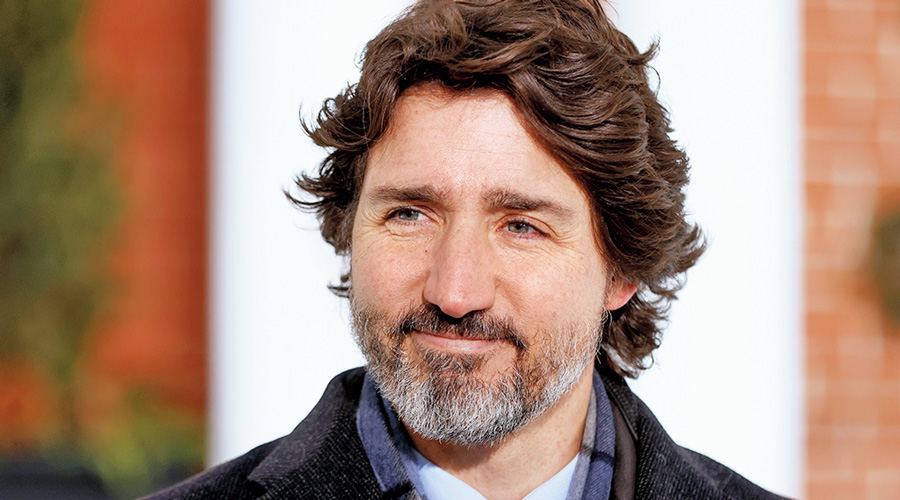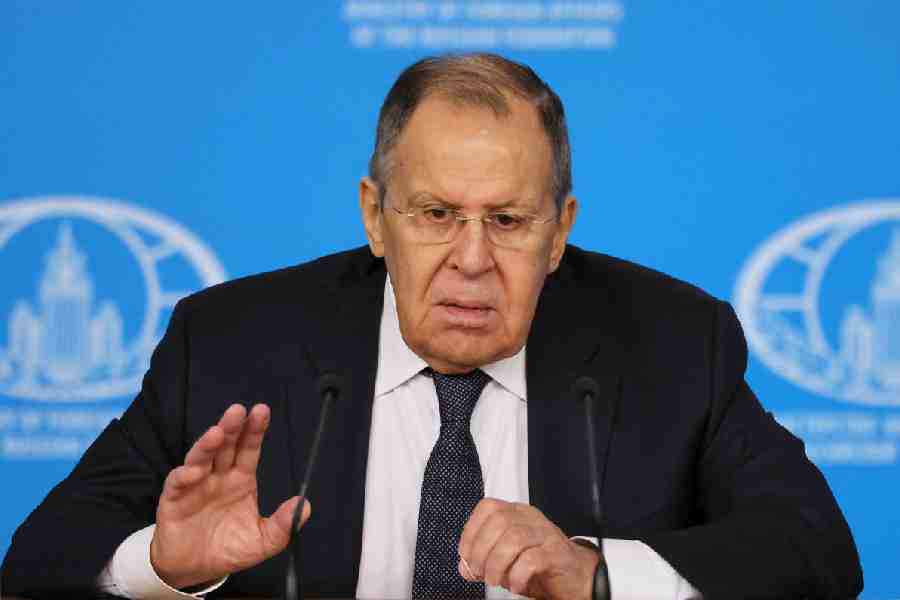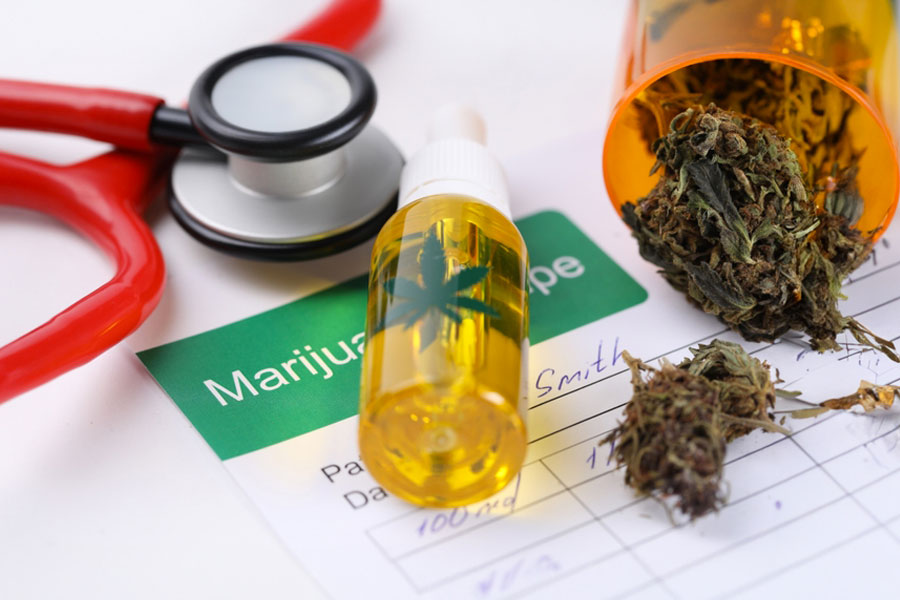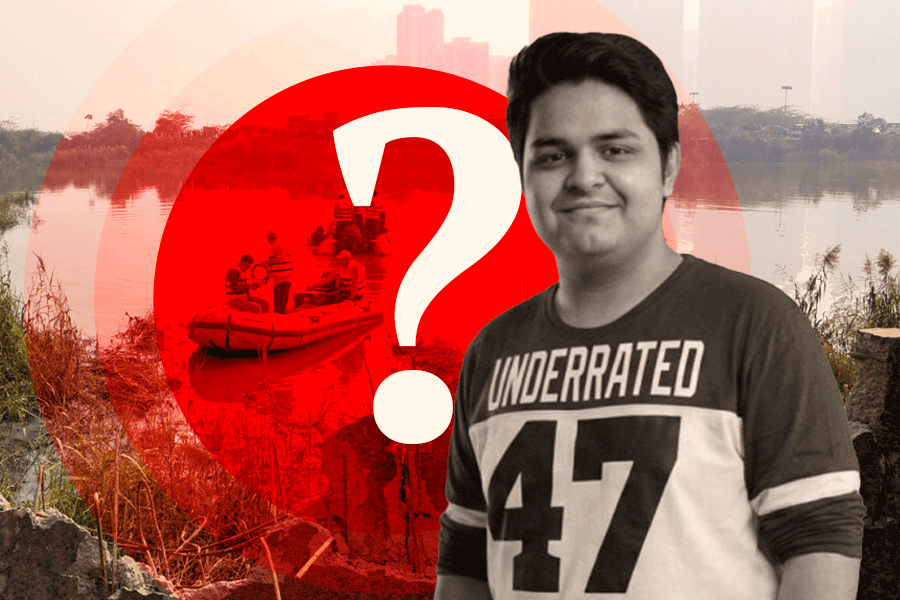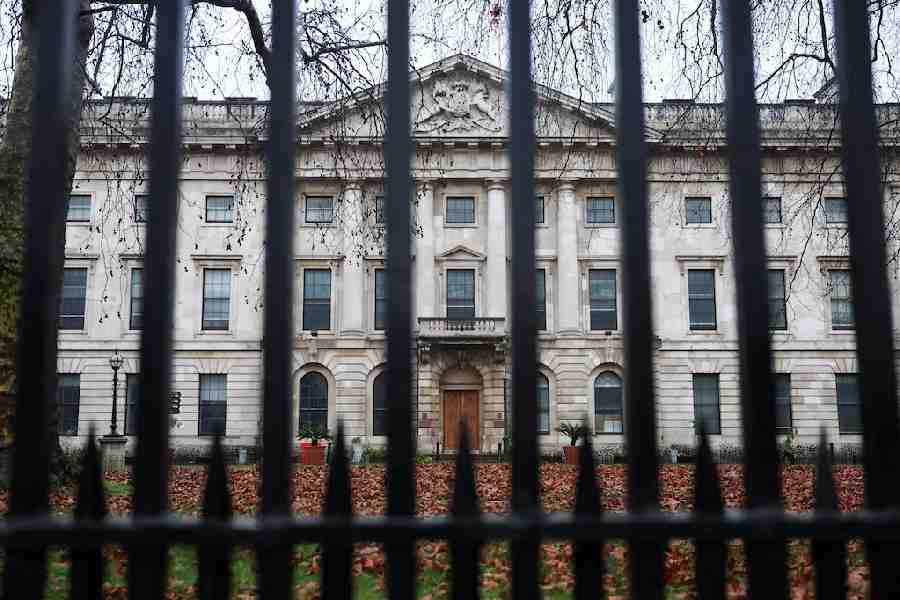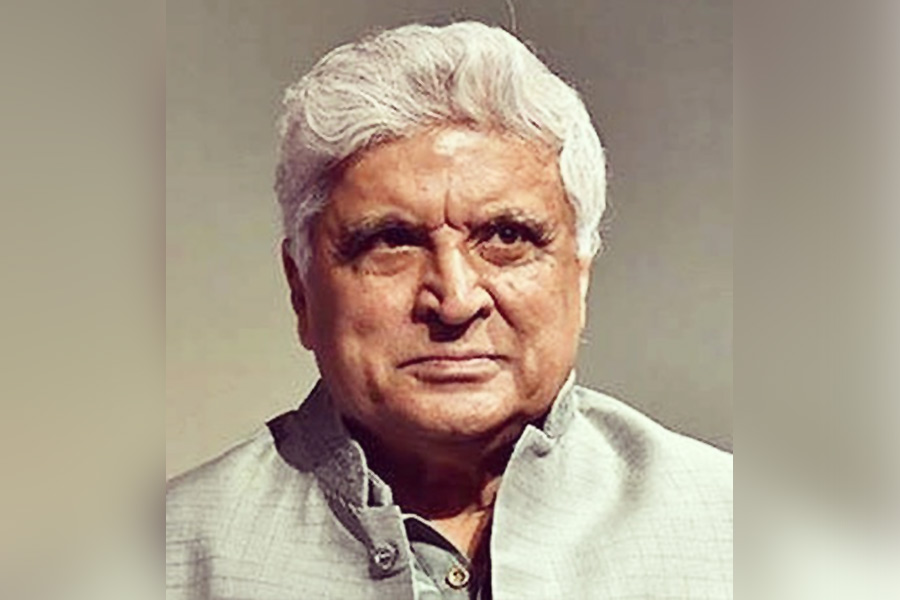If Prime Minister Justin Trudeau’s Liberals lose power in Canada’s general election just a week away, he’ll have only himself to blame. Trudeau, who had two years left to run in his mandate, now is fighting for his political life in a campaign he expected to be a walkover.
Trudeau, 49, called the snap early vote, confident his left-of-centre party’s generous pandemic payments and vaccine rollout which has given the country one of the best vaccination rates globally would transform his minority government into a majority one. (An impressive 75 per cent of Canadians aged over 12 are double-jabbed).
Trudeau also had pegged the rookie leader of the main Opposition Conservative party, Erin O’Toole, as a right-wing, uncharismatic unknown who would present no challenge to his bid to secure a third term and the magic 170 seats needed to form a majority government.
But the Conservative leader cannily turned the tables on the Liberals by rebranding himself as a moderate and proposing a centre-left agenda. To the Liberals’ chagrin, the 48-year-old lawyer and ex-serviceman also has proved to be an affable, effective campaigner -- mostly with virtual events to limit Covid-19 spread -- even if he lacks Trudeau’s panache.
Now, analysts say Trudeau will be lucky to form another minority government after ballots are counted on September 20. The latest opinion polls show the Conservatives holding a slight lead over the Liberals who face an additional challenge on the left from the smaller New Democratic Party. The party, led by skateboarding lawyer Jagmeet Singh, 42, who’s supplanted Trudeau in surveys as Canada’s most-liked political leader, could emerge as the election’s kingmaker. Singh’s campaign is already selling T-shirts proclaiming “the Jagmeet UpriSingh.” The Conservatives hold 33 per cent support compared with 31 per cent for the Liberals and 19 per cent for the New Democrats, the latest Nanos Research Group Survey suggests.
Opposition leaders have framed the election call by Trudeau as a pure-and-simple power grab. Trudeau insists he sought the vote to gain a mandate to plan Canada’s post-pandemic future. “The decisions your government makes right now will define the future your kids and grandkids will grow up in," he told reporters. “So in this pivotal, consequential moment, who wouldn't want a say?” But with the country now into a fourth wave of the pandemic, devastating forest fires on the west coast and Prairie farmers facing a drought, critics are saying a mid-term election is the last thing the country needed. “Part of the reason we’re in an election in a pandemic is his (Trudeau’s) ambition,” the Conservative chief said in a leaders’ debate.
Until recently, Trudeau had shown a Teflon talent to survive scandals and blunders. There was his gaffe-ridden 2018 trip to India where he made a string of political, cultural and fashion missteps. Then, there were the “brownface” photos of him while a drama teacher in his 20s dressed as a turbaned Aladdin that surfaced during the 2019 election. There have also been a series of damaging government mistakes and corruption accusations. Now, also, Trudeau’s encountering the voter fatigue factor: He’s been in office for six years and his image as the Prince Charming who can do no wrong has worn off. He’s also weighed down by comparisons to his father, Pierre Elliot Trudeau, one of Canada’s most intellectual and celebrated prime ministers. Many voters see Justin as a lightweight who courts the camera and is more than a little vain about his good looks.
Trudeau’s $78-billon platform stresses national childcare, student loan breaks, access to abortion, tougher gun control and government programmes for increased climate action and more money for mental health care. As the race has tightened, he’s been bombarding voters with new promises, including a surtax on big banks and insurers to fund social care. He’s also pledged a two-year ban on foreigners buying homes to tamp down housing speculation, declaring: “No more foreign wealth (should be) parked in homes people should be living in.”
O’Toole, whose party manifesto has his photo on the cover declaring him “the man with the plan,” has been making headway by reaching out to centrist voters and offering a programme that on the surface seems to be little different from the Liberals’. The party’s broken free of fiscal conservatism and seemingly embraced the view that Canadians are generally more comfortable with a left-of-centre agenda. The Conservatives are promising billions of dollars in pandemic help, direct payments to parents to cover childcare, protection for gig economy workers, stronger union rights, higher public healthcare spending, a subsidy for companies to hire workers and steps to reduce house prices.
Trudeau has responded by declaring that even if O’Toole, who ran for the Conservative leadership on a doggedly right-wing platform, says he’s “driving the bus” and is now espousing moderate policies, his MPs and rank and file won’t back them. “He’s a pro-choice leader (on abortion),” Trudeau said in a leaders’ debate, “But 80 of his MPs voted against... a woman’s choice. He can’t get his MPs to follow him. They’re not following him on vaccines. He can’t even get his own MPs vaccinated.”
Unlike Trudeau, who’s required all Liberal candidates to be vaccinated, O'Toole argues vaccinations are a personal choice. The government has said all federal civil servants must be vaccinated or risk losing their jobs. Air, cruise and train passengers must also be vaccinated to travel. Trudeau's vaccination push has triggered the same visceral anger among right-wing voters as in the US and abusive mobs have dogged his campaign, throwing gravel at him at one stop.
Trudeau called the shortest election campaign possible by law -- 36 days. But even in that short span, a lot’s gone wrong. Covid-19 cases have spiked. The economy unexpectedly shrank by 1.1 per cent in the most recent financial quarter, figures seized on by O’Toole as a sign of economic mismanagement. Food price rises have angered shoppers and, embarrassingly, Trudeau said he didn’t regard monetary policy as a key issue on the same day official data showed inflation at its highest in a decade.
Encouragingly for the Liberals, though, unemployment has continued to fall following the lifting of Covid-19 curbs, Also, where the Liberals could gain traction is on voter worries that O’Toole may weaken or rescind a ban on assault-style weapons Trudeau imposed after a shooting rampage left 23 dead.
The route to power for the Liberals, crucially, is through the vote-rich French-speaking province of Quebec where the fluently bilingual Trudeau’s hoping recent legislation proclaiming the province a “nation” will boost support. Trudeau needs Quebec as in Western Canada, the Liberals are detested for their promotion of green energy and tighter climate-change fighting emission rules for the oil-and-gas industry, the region’s economic lifeblood.
Trudeau is still admired by many as a standard-bearer of liberalism in a world that’s grown increasingly right-wing. He’s displayed solid judgement in managing the pandemic and his repeated assurances to Canadians that “we’ve got your back.” during the worst of the Covid-19 crisis played well with voters. But voters’ memories are short.
Still, Trudeau often performs best when his back’s to the wall and it would be foolish to under-rate his chances of winning another term. Canadians may reluctantly vote for the Liberals again, unwilling to trust their future to a Conservative party which may be sounding progressive now but whose supporters include anti-vaxxers, anti-abortion activists, climate-change deniers, pro-gun advocates and people against ‘big government.’
The Liberals got a nasty shock though last month when voters unexpectedly turfed the provincial Liberal government from power in Nova Scotia, delivering a majority to the Conservatives for the first time in 12 years. The Liberals can only pray that their electoral rout in the Maritime province won’t be replayed on a national scale.

